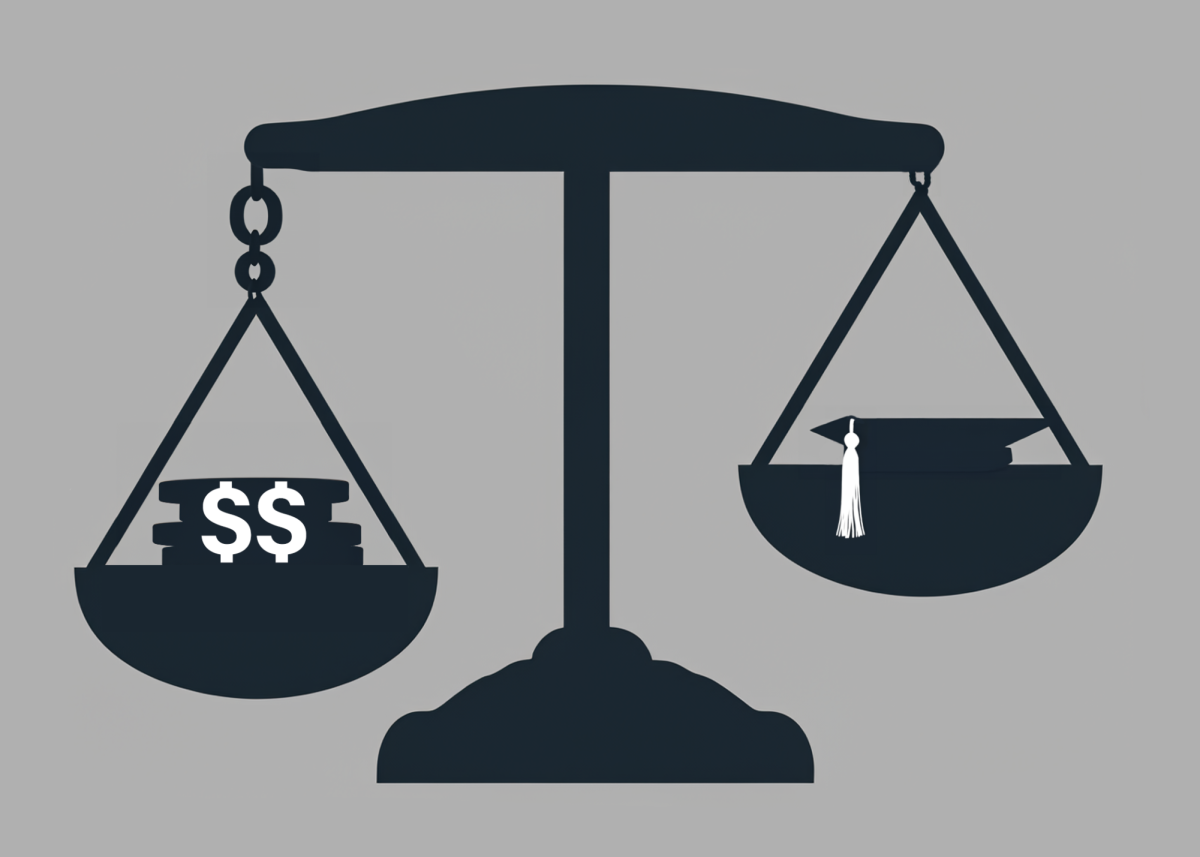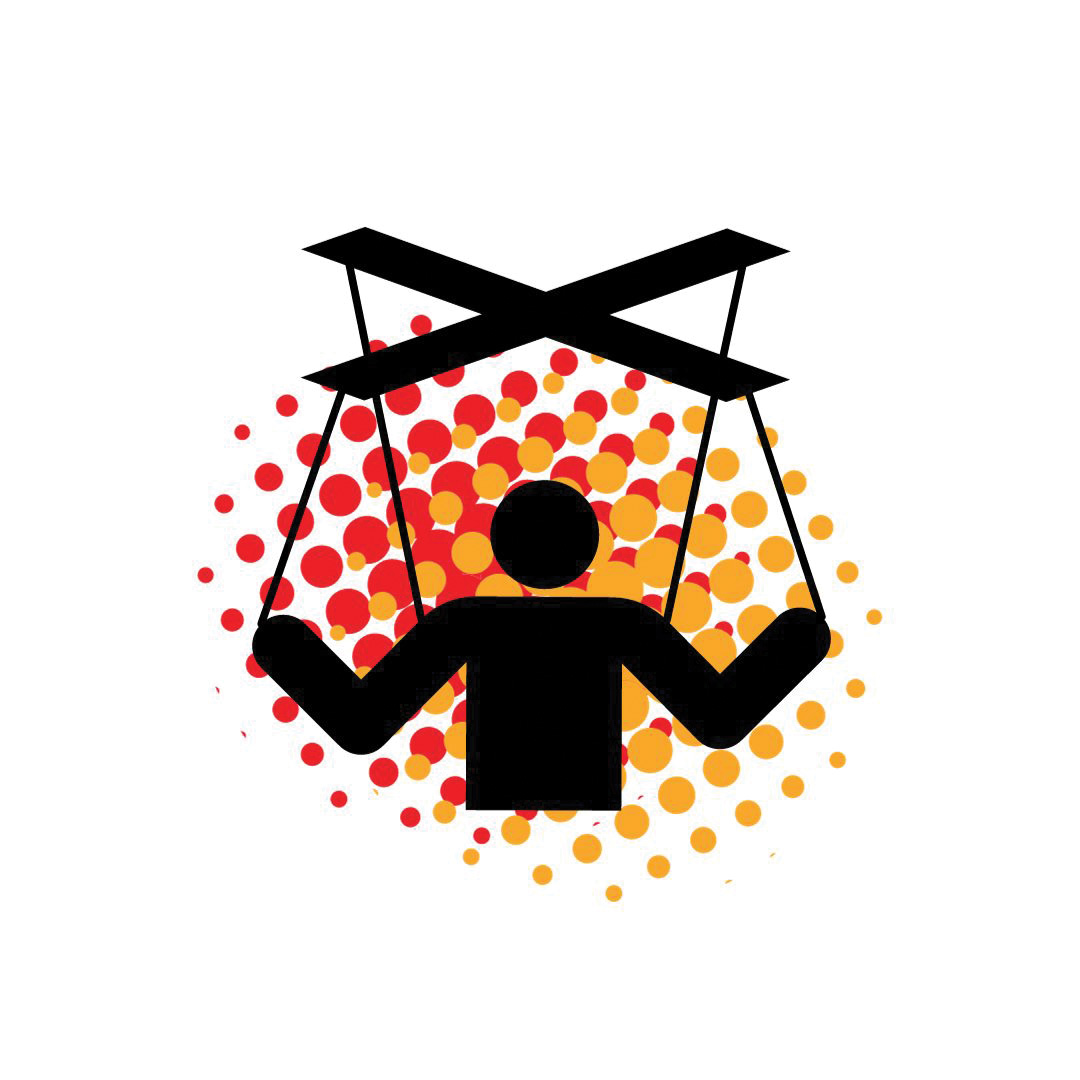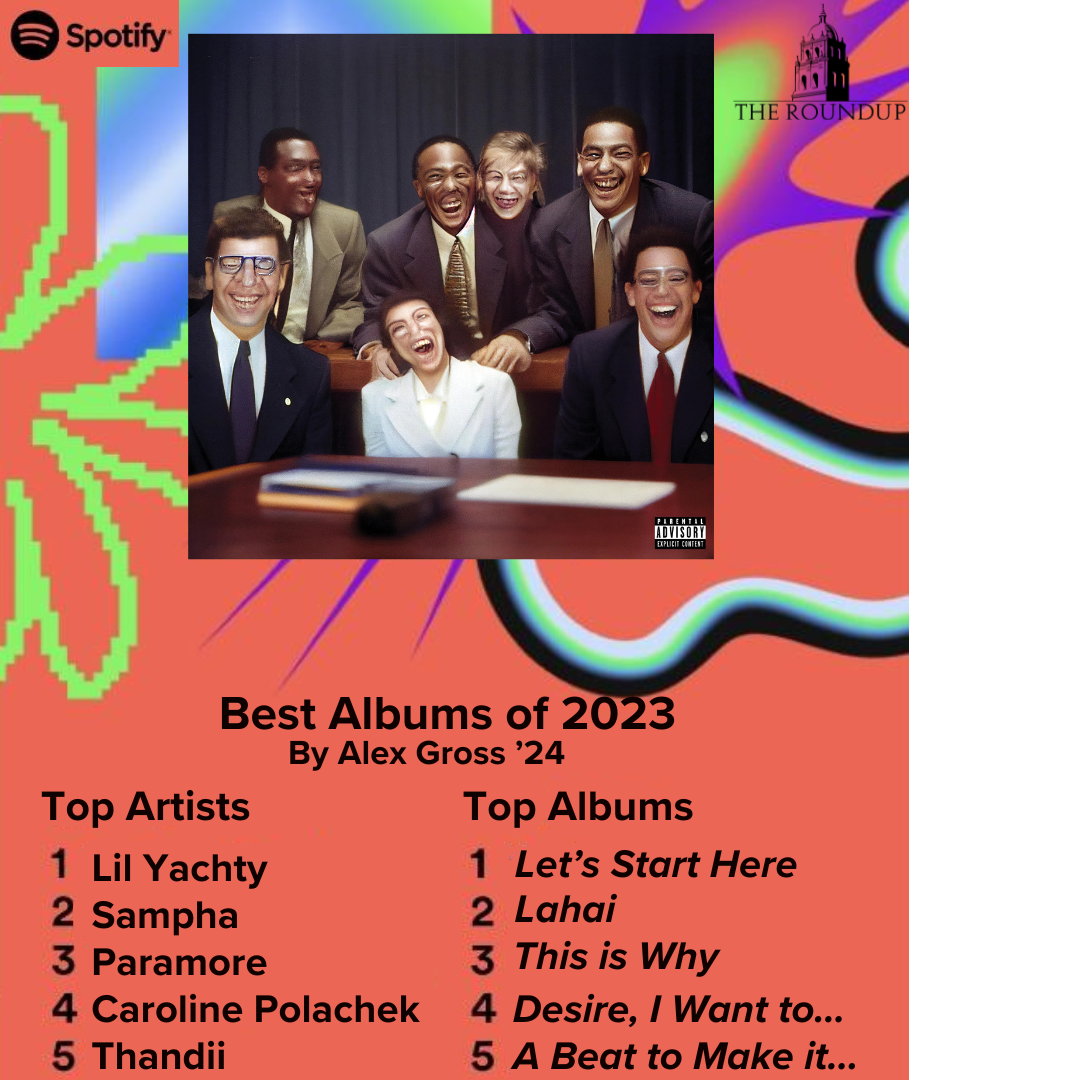By Aakash Jain ’14
THE ROUNDUP
This year’s Summit will focus on finding solutions to address the so-called opportunity gap, which refers to the growing global disparity in income, education and ultimately, standard of living.
While most reasonable people generally agree that helping the poor and underprivileged should be a priority, there is usually heated debate as to how to achieve this elusive goal.
Many people advocate “safety net” programs, such as welfare, universal health care and unemployment benefits.
While such programs can be effective at times, their long-term sustainability is questionable.
At the very most, these programs should be limited to serving as temporary stopgaps, not permanent solutions.
Moreover, they ultimately distort the natural human tendencies to work hard and save money.
We must be cautious and steer clear of the stigma that all welfare recipients are “lazy.”
To the contrary, this idea is a simple consequence of the economic idea that people respond to incentives.
When poverty and unemployment are subsidized, these very same conditions can suddenly become appealing.
As the economist Milton Friedman once said, “When government—in pursuit of good intentions tries to rearrange the economy, legislate morality, or help special interests, the cost comes in inefficiency, lack of motivation, and loss of freedom. Government should be a referee, not an active player.”
Now it must be remembered that these are complex issues with myriad moving parts.
I’m sure we will see and hear examples during the Summit of people who struggle to succeed, not because they don’t want to or don’t work hard, but because their position in life provides them fewer opportunities for success.
We must ultimately embrace the traditionally American philosophy of laissez-faire government and free markets if we are to allow the proper conditions to exist so that people can break free from the cycle of poverty and lack of opportunities.
We need a level playing field, not one skewed by unnecessary government intervention.
This means less cumbersome regulations on industry, so that companies have incentives to return their factories and plants back to the U.S., rather than India or China.
This would expand the availability of jobs in this country.
This means cutting down taxes to the bare minimum, so that individuals can keep more of their money and do with it as they wish. This too would stimulate the economy and encourage job growth.
It also means an end to the “crony capitalism” in Washington, where big government and big business team up far too often.
Another matter to consider is that of subsidies—oil, corn, cotton and many more.
Subsidies encourage an inefficient economy. They take money away from industries that people value and instead reallocate it to produce less desirable products.
No political issue is ever so straightforward that simply throwing money at it resolves the problem. In fact, this can often have an adverse effect.
Instead, expanding economic opportunity in America is a complex matter to consider that deserves our time and careful attention.



























